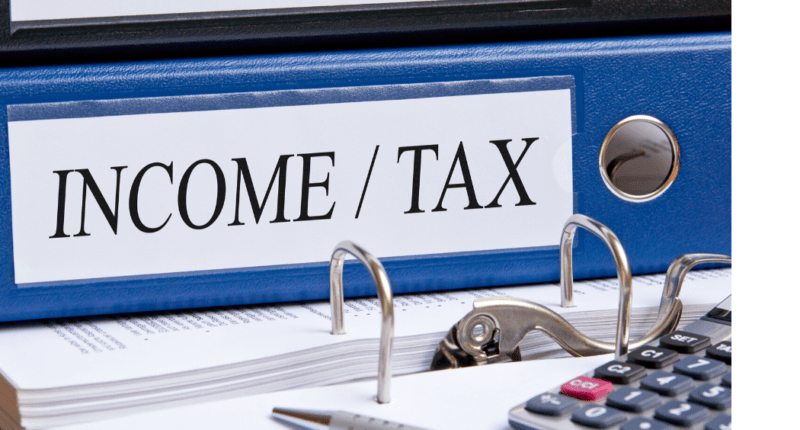The use of digital payments has increased very significantly. Also, the use of digital gifts such as gift vouchers, cashback rewards has become a trend. So let us understand whether or not tax is applicable on such amounts and what are the tax implications.
Gift vouchers received from the employer
Any cash given as a gift by the employer is regarded as perquisites and is fully taxable in the employee’s hands. However, if the employer gifts in kind (other than cash) to the employee, then such perquisites would also be taxable in the employee’s hands. As per the income tax rules, the tax shall be levied if the aggregate value of such gift is more than Rs.5,000 in a financial year. A gift in kind also includes gift vouchers or gift coupons. Since the gift voucher or coupon received by the employee is considered as a perquisite, it shall be taxable under the head’ Income from Salary’.
Gift vouchers received from relatives
The gift vouchers given by your family and friends shall be taxable if the value is more than Rs. 50,000 in a financial year. The tax shall be payable on the entire value of the gift voucher. There is an exemption from income tax on the gift voucher given by the family member such as your spouse, brother, sister, siblings of the spouse, siblings of parents, any lineal descendent or descendant of the spouse or yours. Hence, a gift in kind received by relatives (other than mentioned above) or friends at weddings or any occasions whose value is over and above Rs.50,000 shall be liable to tax under the head ‘Income from other sources’.
Money transferred through e-wallets and UPI for inadequate consideration are also treated as gifts. For example, any amount transferred by your friend to you through UPI or e-wallet shall be fully taxable in your hands under the head ‘Income from other sources’ if the amount exceeds Rs.50,000 in a financial year.
Cashback rewards received from companies
Nowadays, e-wallets, net banking, e-commerce have made online shopping and transactions easier. The user has to download the company’s app, and he can make various types of payments such as transfer of money, utility payments, recharge, grocery, ticketing, etc. The companies give credit, cashback rewards and other cash benefits for using their app for payments. These cashback rewards shall be considered gifts and taxable if the total of such rewards received in a financial year is more than Rs.50,000. It will be taxable under the head ‘Income from other sources’ as per the Income Tax Act.
Hence, one must not forget to include the above income while filing their income tax return if such income exceeds the specified limit.
For any clarifications/feedback on the topic, please contact the writer at namita.shah@cleartax.in

I’m a chartered accountant and a functional CA writer by profession. Reading and travelling in free time enhances my creativity in work. I enjoy exploring my creative side, and so I keep myself engaged in learning new skills.





